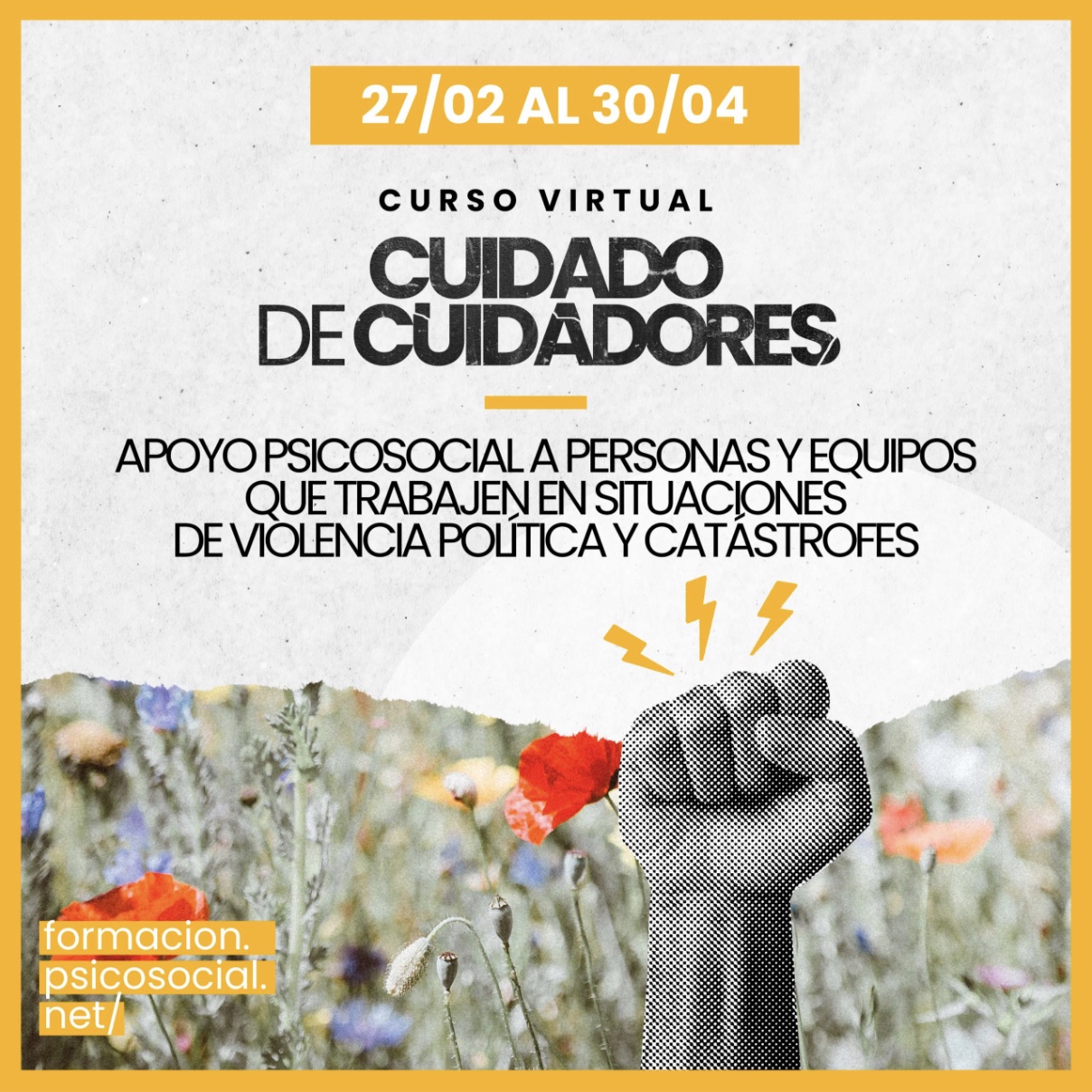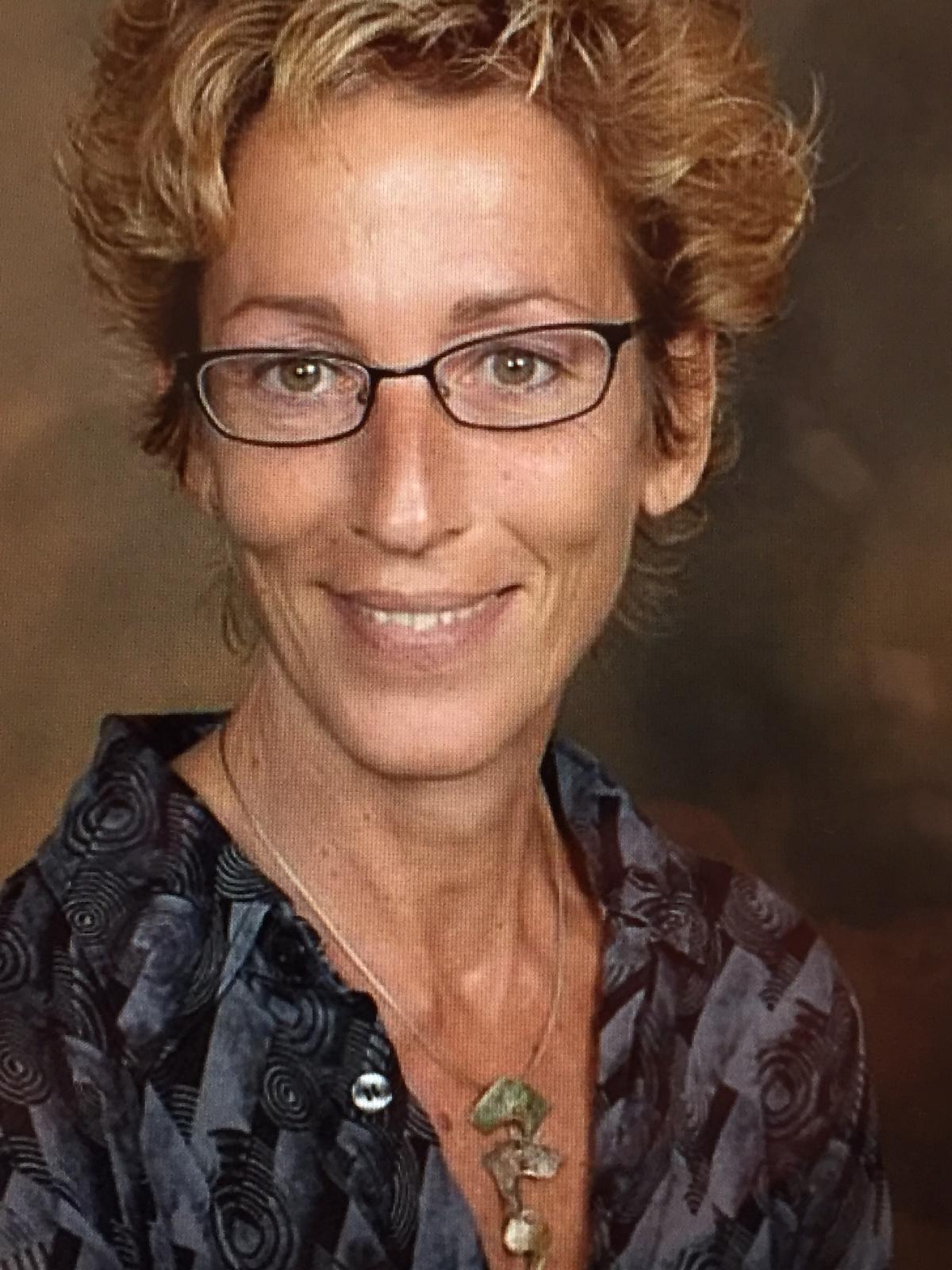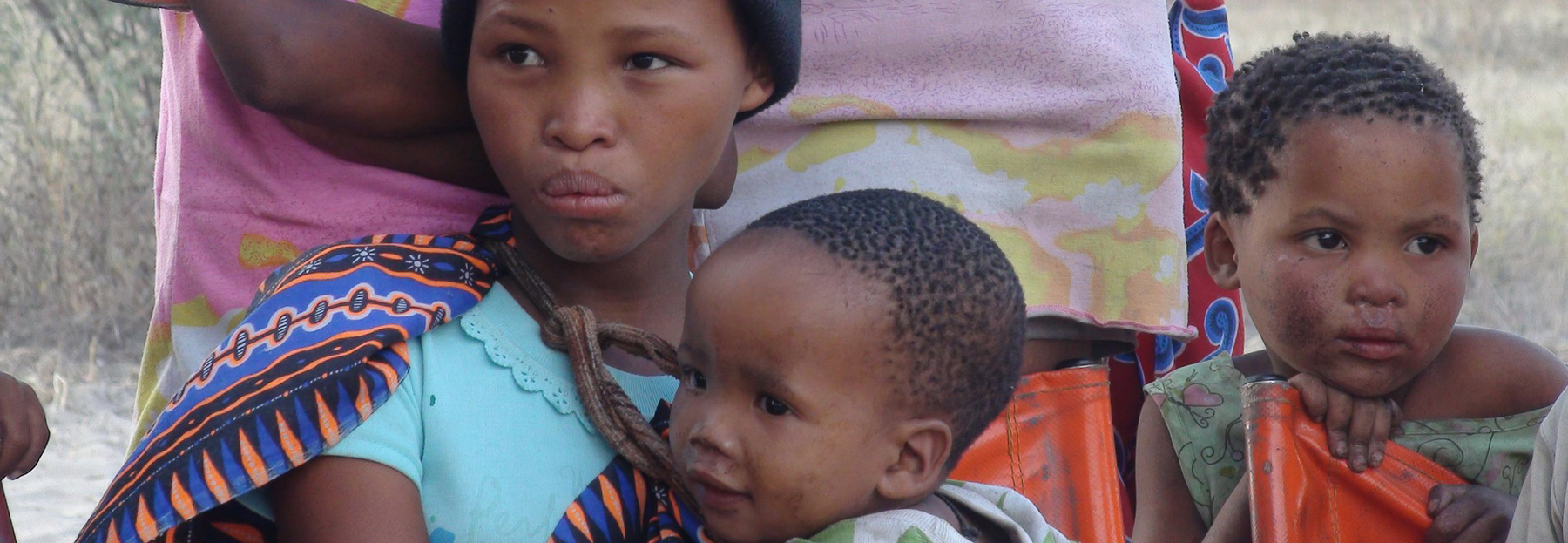AREAS OF INTERVENTION
My profesional experience has brought me to work and colaborate extensively with international development cooperation organizations, as well as with social organizations in the nacional and International level and in the area of integration and social inclusion of people at vulnerability and social exclusion
My interventions are towards two big col·lectives
People with whom i realise phsycological therapy to help with diferent problems. The therapy can be either id¡individual or in group.
All these services are offered in spanish, french, and catalan, either in person or by distance either by phone calls or Skype
International cooperation organizations (humanitarian action and development cooperation) and social organizations who work for the benefit of the society. Psycological services for NGDOs and NGO. Needs and context analysis together with the organization to assess the suitability of the intervention methodology. Training. Team Supervision.
INDIVIDUAL THERAPIES
The psychotherapy I work intends for each person to discover and start up their own strategies and solutions to problems and difficulties that arise.
The main objective of the intervention is PREVENTION, that means, reducing the conditions that create tension and impact on people, as well as increasing the protective factors that we all have, in order to achieve our own psychosocial well-being.
Likewise, my interventions are aimed at trying to relive SUFFERING and the negative impact that we might have suffered from líving our experiences-
Under this principle, I offer individual and group interventions to:
Personal staff in the field of NGDOs.
BEFORE the experience: individual and group support in the phase previous to the experience, in order to know the limitations and strengths that can help face complex contexts.
DURING the mission: the regular monitoring of the teams or psychosocial intervention due to a specific and unexpected event (critical incident) that can have negative physical or mental consequences and that cause a high degree of psychological suffering for the people.
Regular monitoring is offered to groups or individuals who manage human teams and who may be subjected to stressful conditions or having to face interventions with a high emotional component.
Allow a space for group or individual reflection that will help channel and manage emotions, while offering guidelines to improve the quality of their daily tasks, which will ultimately benefit both the person and the efficiency of the work.
AFTER the mission: accompanying the person in their process of assimilation of the experience, and facilitating their adaptation process on their return home.
It includes psychological intervention in the medium-long term for those who need it, as well as the follow-up of individual cases. This way we ensure that progress is maintained and identify possible delayed reactions.
Personnel of the Social Organizations of state scope.
Accompaniment in the individual or group process of recognizing the limitations and strengths to face emotionally complex contexts.
Supervision of the teams that, due to the work they do, may be exposed to the psychological suffering of the people they serve and have an impact on their own emotional well-being.
Within the supervision, I differentiate 3 types:
> The supervision that pursues the reflection and improvement of the task or of the intervention on the cases
> Supervision aimed at resolving existing conflicts in the team
> Supervision as a promotion of professional self-care. Mindfulness Practice Groups within the self-care spaces that organizations offer to staff.
Team Supervision and Professional Care Services
>> Accompaniment in the individual or group process of both social and private collectives, with a willingness to look at and see our actions; recognising the limitations and strengths to face emotionally complex contexts.
Supervision of teams who, due to the work they do, may be exposed to the psychological suffering of the people they serve and have an impact on their own emotional well-being.
Within supervision, I distinguish 3 types:
1. Supervision that aims at reflection and improvement of the task or of the intervention on the cases.
2. Supervision aimed at resolving existing conflicts in the team (team management).
3. Supervision as a promotion of professional self-care and knowledge acquisition.
Mindfulness Practice Groups within the self-care spaces that organisations offer to their staff.
>> Professional Care: with the aim of strengthening the mental health of staff working in contexts of violence, disasters or social vulnerability.
People working in these environments have good personal and social resources, but at the same time they are confronted with the needs of other people in a helping role that can both protect them and expose them to specific psychosocial risks.
The professional care offered is carried out with the aim of promoting personal, team and institutional prevention practices.
The applied objectives include the design of specific programmes for the:
a. Prevention and detection of secondary stress, vicarious trauma and compassion fatigue.
b. Managing the impact of critical incidents and teamwork burnout
c. Professional self-care matrix: Matrix that I have been developing since 2021, which facilitates the appropriation of professional care from the different dimensions.
d. Emotional regulation of the people involved. Use of mindfulness and compassion
TRAINING
>>MINDFULNESS COURSE FOR EVERYDAY LIFE <<
The stress of our lives and professions, if not managed or channelled appropriately, causes personal suffering that can have an impact on our mental and physical health.
Learning to manage emotions will contribute to improving our personal well-being and the quality of our relationships.
These are introductory courses to the practice of Mindfulness that aim to offer a global and experiential vision of the potential of this meditative practice in the different spheres of our daily lives.
The format of all the sessions follows the same methodological structure: an experiential part that seeks to favour the internalisation of this practice and, at the same time, a more theoretical part to explain and substantiate the benefits on mental health with a scientific basis.
>> REGULAR MINDFULNESS PRACTICE GROUPS <<
These are weekly or bi-weekly meditative practices that encourage giving personal space to connect with what we are experiencing in the present moment. It is about giving ourselves time to stop doing work and allow ourselves to feel what we are living in this moment. It is intended that each person can connect with themselves and seek this inner calm that we all have, even in moments of great tension and anguish.
Although these practices are guided by a psychologist, it is NOT a formal therapeutic space, but there will be spaces for expression for those who wish to do so after the meditative practices.
PROFESSIONAL SELF-CARE TRAINING
>> STRESS MANAGEMENT COURSE FOR PROFESSIONALS <<
Greater emotional management of stressful situations brings personal, professional and institutional benefits that can make a difference in the quality of our work.
This section considers 3 types of actions to be developed:
– Training for people who manage face-to-face or remote teams that may be exposed to stressful situations maintained by the organisation.
– Awareness and intervention training for teams that can carry out interventions.
– Development and training in the use of support resources for the management of emotionally demanding situations (materials, self-care guides, etc.).
>> PROFESSIONAL CARE COURSE <<
https://www.psicosocial.net/gac/b3-cuidado-de-cuidadores/
Course to promote personal, team and institutional prevention practices.
Implemented objectives include the design of specific programmes for the:
a. Prevention and detection of secondary stress, vicarious trauma and compassion fatigue.
b. Managing the impact of critical incidents and burnout on teamwork
c. Professional self-care matrix: Matrix that I have been developing since 2021, which facilitates the appropriation of professional care from the different dimensions.
d. Emotional regulation of the people involved. Use of mindfulness and compassion

>> COURSE INSTITUTIONAL ACCOMPANIMENT FOR THE ELABORATION OF PROFESSIONAL CARE PLANS <<
To accompany the internal process and institutional commitment to the care of professionals working in vulnerable contexts.
The objective of the accompaniment is to improve the policies and practices of professional care, resulting in a comprehensive and exhaustive proposal of a support programme in its field of action.
The accompaniment itinerary includes the elaboration of a participatory diagnosis appropriate to each territory of work. The diagnosis makes it possible to identify the needs and tensions that require attention, and allows the teams to take ownership of this work so that they can mobilise to meet these needs and achieve the desired transformation with the creation of this professional care plan.
In 2021, I developed a professional care matrix that facilitates the appropriation of professional care from the different dimensions.
The diagnosis also makes it possible to analyse the context from the different levels:
– the general context
– the individual impact
– the impact of the teams
– at the institutional level

Cecília Gelpí Arroyo
> Psicòloga 11.767 COPC
> Trained Mindfulness Facilitator (UCLA)
> Member of International Mindfulness Teachers Association
> IMTA Certified Mindfulness Teacher, Professional Level (CMT-P)



